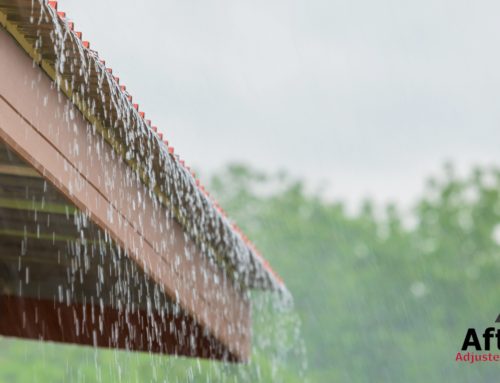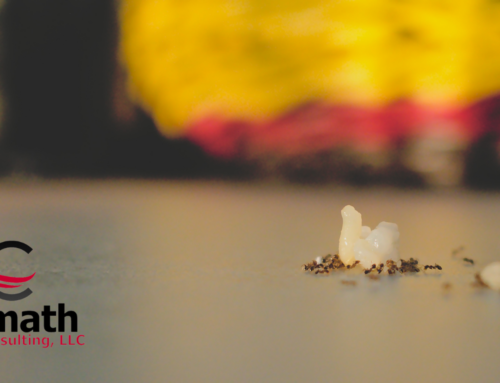Hurricanes have become stronger and more frequent. They are bringing large amounts of rain, flash flooding, and wind damage. It can be quite a difficult feat to deal with catastrophic storms, damage, and the claims process. The following water damage insurance claim tips will help you avoid losing the money you are owed from your claim on your insurance policy.
Understanding Flood Insurance for a Water Damage Insurance Claim
Water and flooding tend to cause more damage than any other cause of loss. A water damage insurance claim is also the most complicated. It can be difficult to determine if coverage applies or the amount that’s covered.
Flood insurance coverage is handled separately in the United States. It goes through the National Flood Insurance Program. It is a federal program managed by the Federal Emergency Management Administration (FEMA). Almost every insurance policy excludes certain types of water damage. There can be exclusions, like “wind-driven rain,” specified in a policy. Many insurance policies contain exclusions for “Acts of God,” such as hurricanes and floods. Flood damage caused by water coming in from outside the insured property is usually only covered by flood insurance.
Notify Your Insurance Company Immediately
The most important tip is to notify your insurance company immediately. If a disaster occurs creating damage, you need to let them know.
Most policies require the homeowner to give “prompt notice” to the insurer to ensure that they honor your damage insurance claim. Contact them before you start removing and fixing things.
Every insurance company has a 24/7 claims reporting system. Use it before proceeding to the next tip.
Secure the Property and Prevent Additional Damage
Another common clause in property insurance policies is a requirement to prevent further damage to the property. You should take that step to reduce the damage when water damage occurs. However, only do it when you can do so without endangering yourself.
An insurer reduces your water damage insurance claim if you did nothing to reduce the damage. Any additional damage that occurs after reporting the claim may not always be covered.
Keep in mind that you should throw away nothing while performing these tasks. Nor should you change the area until the insurance company’s adjuster comes and inspects the property. Be sure to keep records and receipts if you hire professionals or spend any money to reduce the damage. Most insurance policies include reimbursement for reasonable expenses when trying to mitigate loss.
Take Photographs and Inventory
Make sure there is evidence of all damage to your property. Remember, for any type of insurance claim, always have more evidence than you think you need. Take dozens of photos of all areas of damage, from multiple distances and angles. Try to keep records of your evidence organized as well as all communications between you and your insurer.
Combine your photographs with a written inventory of all your lost or damaged property. You will be better off with more detailed photographs and inventory.
Find Temporary Housing to Live in
Water damage can be really nasty. It leads to:
- Contaminants
- Bacteria
- Mold problems
- Structural issues
Be sure to find temporary housing if your home is not safe and secure.
Your insurance might provide you with additional living expenses. Check your policy and talk with your insurance company to find out about additional living expenses.
Contact Aftermath to get Help With a Water Damage Insurance Claim
Finding a public adjuster may be a great option if your home has suffered serious water damage. You can get professional assistance with your water damage insurance claim. A public adjuster is a licensed professional who represents home and business owners, not insurance companies.
Contact Aftermath Adjusters & Consulting today for help with your water damage insurance claim. Keep from missing out on tens of thousands of dollars in compensation legally owed to you.









